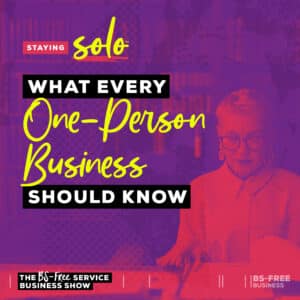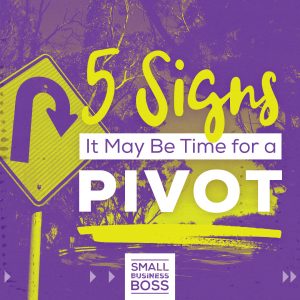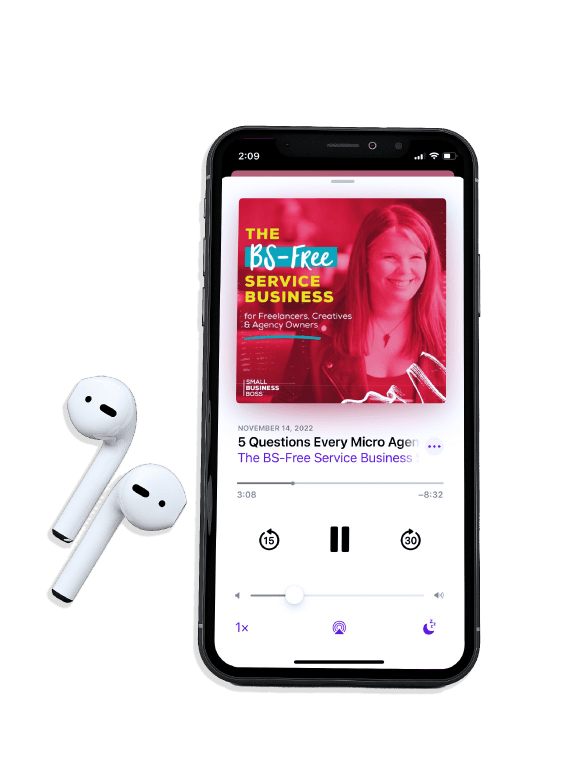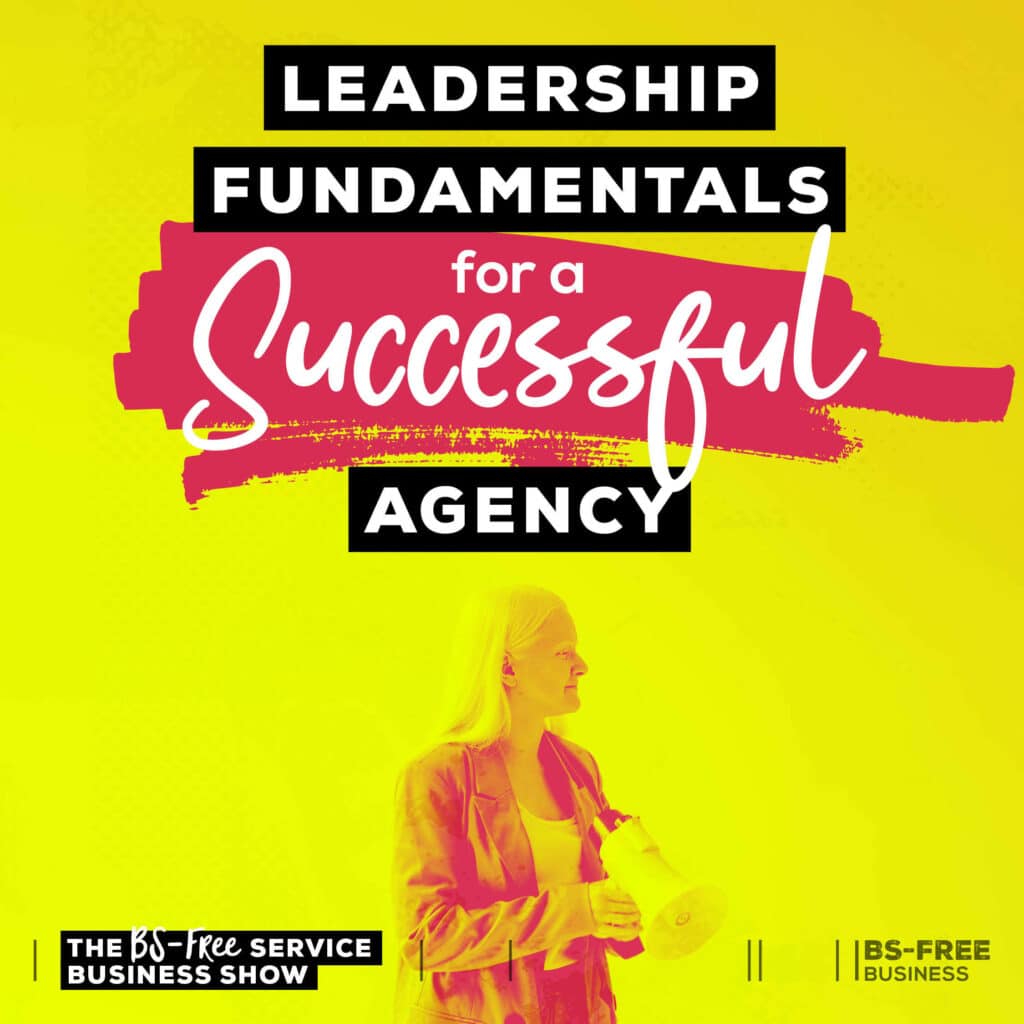
Search the site:
Leadership Fundamentals for a Successful Agency
Building a successful agency requires a lot of different skills. Especially leadership skills. But which ones do you need to focus on? Which ones make the most difference? In this episode, I’m sharing the top six leadership skills every micro agency owner needs.
Today, we’re delving into a topic that lies at the core of your agency’s success: leadership skills. As a micro agency owner, you’re not just a business owner. You’re a leader.
While all the other skills you bring to the table, including marketing, sales, client service, and your work for clients, are critical, so are your leadership skills.
We know our leadership skills are important for many of us, but they can often get overlooked as they’re less tangible. Leadership skills tend to be soft skills, and these intangible qualities shape how we run our agency, handle challenges, and interact with our teams.
These skills and how we apply them are the difference between being a manager and a real leader. The only problem is that they can feel elusive for many of us because they’re intangible, especially if we don’t have experience as leaders before starting an agency.
This is why leadership is an ongoing focus of our conversations in the Agency Mastermind. To grow and manage a successful agency, we must focus on how we lead daily.
That’s not to say we need to be perfect, but rather that honing these skills is essential to having a profitable, sustainable, and successful agency. Whether you’re a seasoned agency owner or just starting your journey, you’ll want to stick around to hear what skills I consider the most important.
#1. Effective Communication
You could have guessed that I would start with communication, as I talk about constantly. Your communication skills are essential leadership skills as you need to convey your goals, expectations, and feedback to your team.
A crucial part of effective communication is your listening skills. The Agency Mastermind’s leadership coach, Bekka Prideaux, often talks about how active listening isn’t enough and that we must engage in empathetic listening. This approach helps communicate in a way that builds trust and strong working relationships.
#2. Empathy and Emotional Intelligence
Empathy and emotional intelligence as a leader enable you to understand emotions in yourself and others. Doing this allows you to make better decisions and lead in a way that ensures everyone feels seen, valued, and heard.
Emotional intelligence starts with self-awareness, which may mean you need to slow down how and when you respond. Regardless of your self-awareness, this skill needs constant development as a leader.
Ultimately, you want to lead by example. Remember, your ability to be empathetic with your team and spot when someone is struggling helps identify potential issues before they become much bigger ones.
#3. Delegation
You know you can’t do it all alone, but let’s be honest, delegation can be a considerable challenge. Being an effective leader means you give up control and delegate to your team.
To do that, you need to set your team up for success and not assume they will do things the same way you will. You must decide the “agency standard,” communicate that to your team, and then go from there.
The goal is to trust your team’s expertise and let them be accountable for tasks and projects. Continuously micromanaging and meddling in everything is not what a leader is, so you need to learn to curb that urge.
#4. Coaching and Feedback
Coaching and feedback go hand-in-hand with delegation; for your team to excel and run a successful agency, you need to be ready to provide constructive, ongoing feedback.
I see agency owners falling into a common trap: avoiding providing feedback and fixing things themselves. They want to avoid the potential for any conflict or convince themselves it will be “faster” for them to do the work needed to get it out the door.
For feedback to be effective, you need to set clear expectations and hold team members accountable for their actions and results.
You owe it to yourself and your team to commit to providing feedback (both positive and negative) in a timely and helpful manner. Otherwise, you’re risking feeling resentful as your team isn’t growing the way you’d like, and you’re the one who’s blocking their ability to do that.
#5. Decisiveness
I was tempted to talk about decision-making here, but decisiveness is the more accurate name for this leadership skill. This doesn’t come naturally to everyone, and spending too much time trying to make perfect decisions wastes time. Plus, it can make you look wishy-washy with your team and clients.
Leaders can take decisive action, even if you’re sweating it on the inside. Your decisions need not only to be based on all available information but also made in a timely manner.
If you’re not naturally decisive, practice building this skill with more minor decisions and build your confidence. And honestly, no decision is ever perfect. My method is to make the best decision at the time and then, if need be, make the decision right as I learn more.
#6. Adaptability
For any business to be truly sustainable, it must be adaptable. Micro agencies face unique challenges as technology, marketing trends, and client expectations shift over time.Being a micro agency owner, you have the power to be agile in the face of change. We can create new offers, embrace new platforms, and implement new techniques in a matter of days, which is a significant advantage compared to bigger agencies. This adaptability makes us better address client needs and be innovative, which helps fuel growth amid an ever-changing market.
While adaptability is a core skill for you as a leader, it should be part of the culture of your micro agency. You want your team to be flexible enough to pivot swiftly when and if it’s needed. Encourage adaptability as a skill and a mindset for your entire team.
Developing Your Leadership Fundamentals
Developing these leadership skills can be challenging, but it’s crucial work to run a successful agency. Honestly, it should be treated as a continuous learning process where you’re committed to doing better.
Please avoid the temptation to decide you’ve got these handled, as there’s ALWAYS room for improvement. If you feel you have a lot of work to do as a leader (you’re not alone in that), I recommend you choose one of the six skills discussed above to focus on for the next three to six months.


I’m Maggie Patterson (she/her), and services businesses are my business.
I have 20+ years of experience with client services, am a consultant for agency owners, creatives, and consultants, and vocal advocate for humane business practices rooted in empathy, respect, and trust.
Help Not Hype
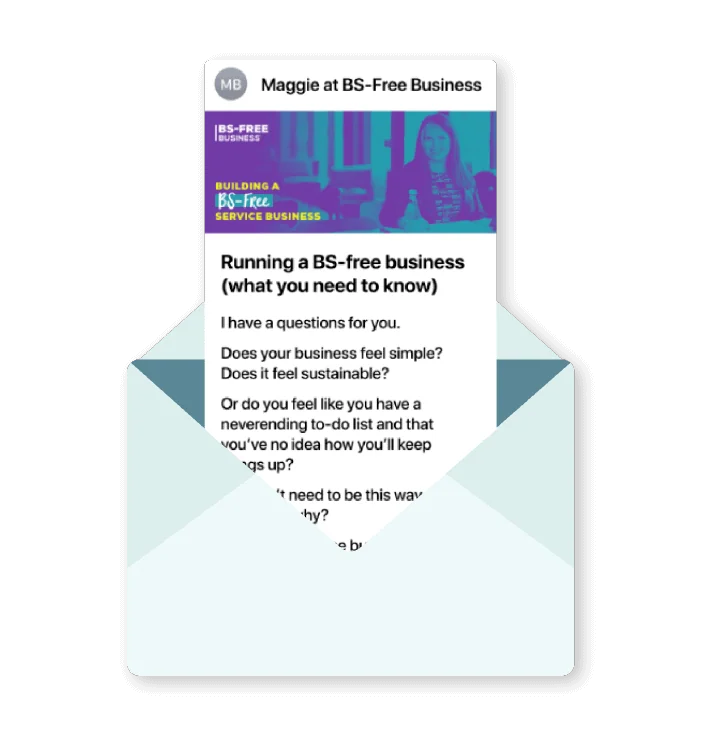
Tired of the same old BS business advice?
I got you with weekly emails packed full of proven strategy that makes a real difference in your service business.

